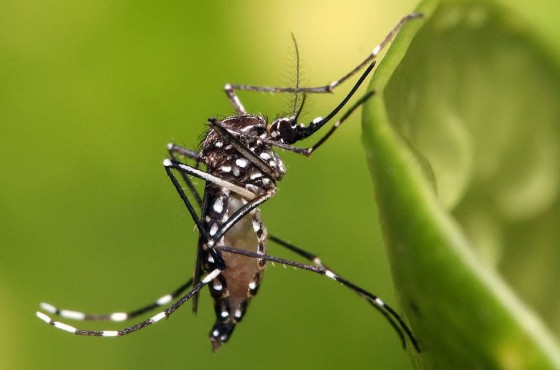Prevent Superbugs: Let Us Slow Down Antibiotic Resistance, Part 1
Antibiotics are the drugs that we use to kill the bacteria that has invaded our bodies and caused disease in us. They were discovered within the last 88 years. Their use has assisted humanity to suppress major hitherto fatal epidemic diseases such plague, leprosy, scarlet fever, typhus, cholera, relapsing fever, meningitis, anthrax, typhoid, and tuberculosis.
However, bacteria are living organisms that also evolve and mutate. They can learn how to resist and survive an attack with antibiotics.
Given a period of time bacteria will resist the antibiotic that they were previously susceptible to.
The length of the effective period where bacteria is killed by a target antibiotic depends on us and how we use antibiotics. The period can short or it can be long.
It is in the best interest of humanity that the effective period of an antibiotic be very long. This is because discovering new antibiotics or developing synthetic drugs to kill bacteria is not easy or cheap and would take very long. Where an antibiotic has become resisted by target bacteria and the same bacteria are causing disease, humanity would be faced with fatal outbreaks of hitherto treatable disease. The worst-case scenario would be bacteria that resist all antibiotics, colloquially called “superbugs”. Superbugs may be used as bioweapons and, were they to get into the hands of criminals, can be used in bioterrorism.
In what ways does our use of antibiotics shorten their effective period against bacteria? How do our misadventures encourage antibiotic resistance? How can we slow down antibiotic resistance?
Antibiotics are used in managing health in humans, animals and, to a certain extent, plants. Overusing, misusing, under-using and unnecessarily using antibiotics all work against our best interests by encouraging the development of antibiotic resistance by bacteria.
We overuse antibiotics when we administer them in excessive dosages over unnecessary long periods. Bacteria in a colony are a mixture of largely susceptible and a few resistant types and these types check each other’s propagation by competing for nutrients and other survival resources. In a scenario of excessive use of an antibiotic the target susceptible bacteria in the colony are wiped out, leaving the resistant types to propagate unchecked and cause disease that is no longer treatable with that antibiotic.
We must use antibiotics prudently by firstly, getting a doctor’s prescription before buying them in a pharmacy, and secondly, by administering ourselves only with the prescribed dose and for the length of time specified in the prescription. On their part, pharmacists and veterinarians dispensing or distributing antibiotics in human and animal treatment must insist on seeing a prescription before selling the antibiotic. The law requires that antibiotics be sold only on the strength of a prescription. The professional regulatory bodies such as the Medical Practitioners and Dentists Board, the Pharmacy and Poisons Board and the Kenya Veterinary Board must supervise their practitioners in order to ensure that they are upholding the prescription law and in order to curtail errant conduct. Where practitioners are breaking the prescription law, the police and judiciary should be engaged to play their role in prosecuting suspects and punishing convicted persons.
In the next articles we are going to expound on antibiotic misuse, under-use and unnecessary use in humans, animals and plants and how we can take further corrective action to prevent the development of superbugs.




